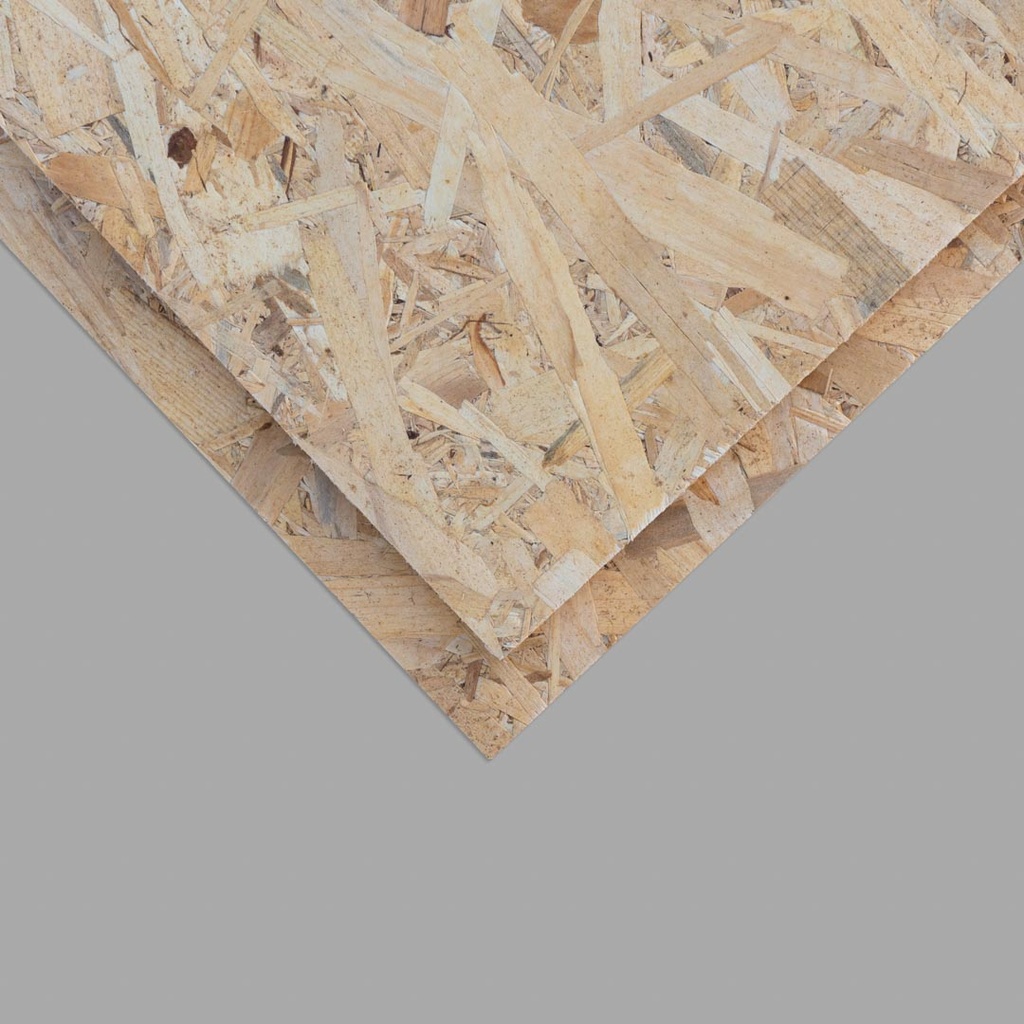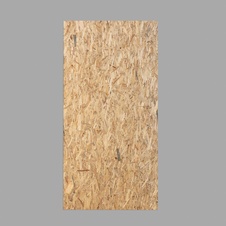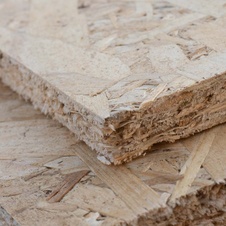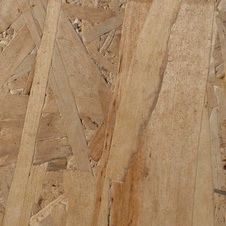OSB 3 Sharp Edge 15 x 1250 x 2500 mm
Available at the branch
OSB 3 Sharp Edge 15 x 1250 x 2500 mm are particleboards with a straight edge (RH) on all four sides. OSB without perforations is easy to handle - it is easy to cut, sand, drill and screw.
OSB and its applications
- Roof construction,
- Interior walls,
- Reinforcement of roof and wall structures,
- Ceiling structures,
- Packaging material,
- Partial fencing of construction sites,
- Furniture,
- OSB for flooring
We alsooffer osb boards withperforations or durelis boards.
Další varianty produktů
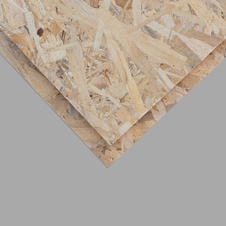
|
OSB 3 Sharp Edge 18 x 1250 x 2500 mm |
€ 32.11 with VAT
|
Ukázat variantu |
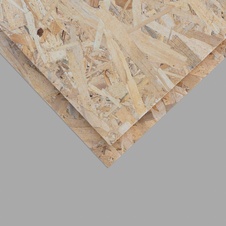
|
OSB 3 Sharp Edge 22 x 1250 x 2500 mm |
€ 39.28 with VAT
|
Ukázat variantu |
Detailed Description
What are OSB boards
OSB (Oriented Strand Board) is a building board made up of usually three layers of wood fibers that are parallel to the longer edge of the board on the outside, while the middle layer has fibers arranged perpendicularly. The wood grain is bonded together with high temperature and pressure and then glued together with resin. This makes them strong and durable.
Advantages of OSB
- Easy and quick assembly,
- Stability of the material,
- Long service life,
- Maintenance-free
- High durability and strength,
- Good fire resistance,
- Good thermal insulation properties
OSB for safe interiors and furniture
Previously, OSB was manufactured using a formaldehyde binder. Nowadays, manufacturers use binders with polyurethane resins, which are health-safe and safe.
What are the types of OSB
- OSB/1 - for dry indoor environments with a temperature of around 20 °C and humidity up to 65%.
- OSB/2 - are durable and suitable for load-bearing use in dry environments.
- OSB/3 - suitable as load bearing construction boards that can withstand environments with elevated humidity, up to 85%.
- OSB/4 - are the most durable and strongest OSB boards that can withstand the highest loads.
What is OSB RH and PD4
OSB RH refers to OSB with a straight edge.
OSB PD4 refers to boards with perforations on all four sides.
Which OSB to use for the floor
OSB/2 is generally recommended for interior environments with low humidity . However, you can't go wrong if you choose OSB/3, which is more durable and suitable for environments with up to 85% humidity.
If you choose OSB with straight edges (RH), it is necessary to leave a 3 mm clearance at the connection as an expansion joint.
Recommended: for a comfortable and quick installation, choose OSB with a groove.
How thick OSB to use for the floor
The thickness of the building board is also a key factor to adjust to the spacing of the joists and beams.
To strengthen the floor, the boards can be laid in two layers in the opposite direction of the chips.
Recommendation: move the OSB indoors a few days before installation. This will even out their moisture content and minimize dimensional changes.
| Spacing of joists/joists (mm) | 600 | 800 | 1000 |
| Recommended OSB thickness | 12 | 15 | 18 |
*The information given is for guidance purposes only and is not intended to be specific construction calculations.
How to store OSB
Ensure that OSB boards are not exposed to rain and do not come into long-term contact with soil. If you are not going to install the OSB boards in the near future, cover them with a breathable, waterproof tarp.
Recommendation: store the building boards horizontally, not upright - they could warp.
OSB and its storage
OSB should be stored horizontally in a well-ventilated area to prevent possible scorching and subsequent changes in wood properties such as discolouration, warping and swelling.
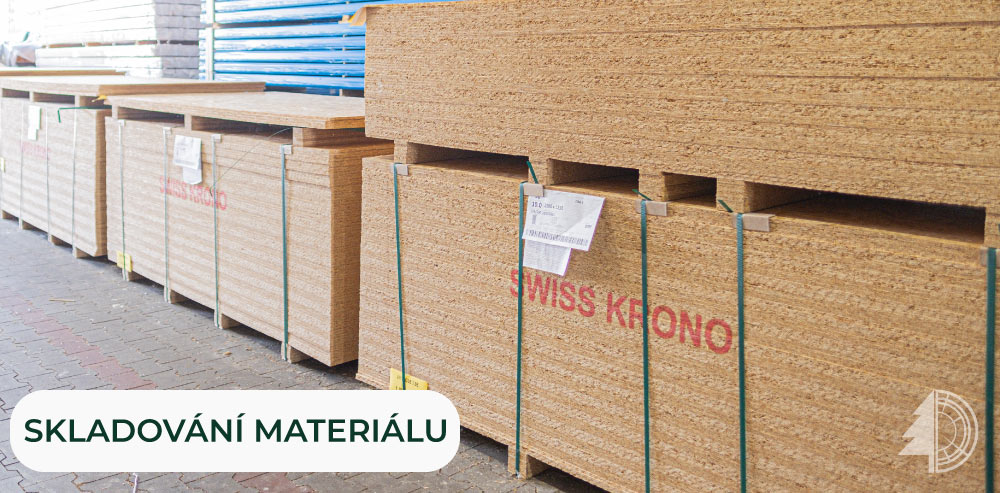
Package contents
1pc
1 pc osb plate weighs 9 kg
Packaging
Each package of osb board is packed in stretch foil and the sides are fixed with strong cardboard. The whole package is tightly sealed with PVC tape.
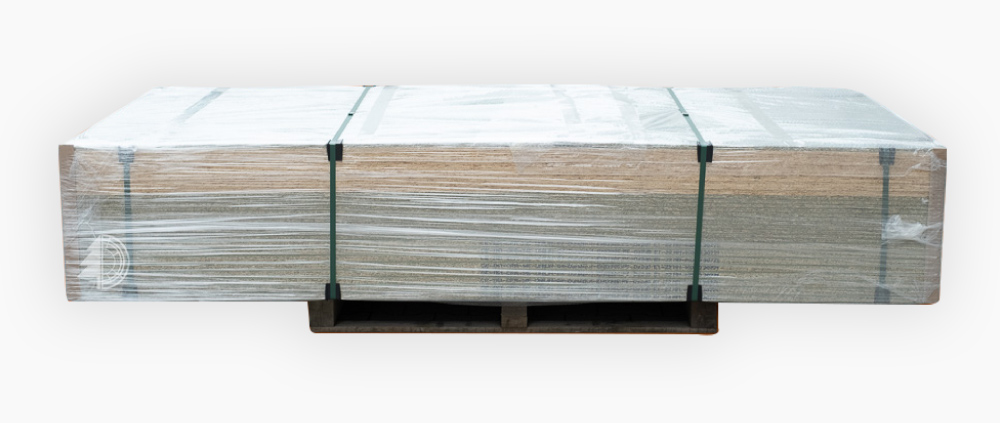
Technical specification
| Thickness | mm |
| Width | mm |
| Lenght | mm |
| Material |
Video example
Order discount
Product reviews
Product has not yet recieved any reviews. Be first!
